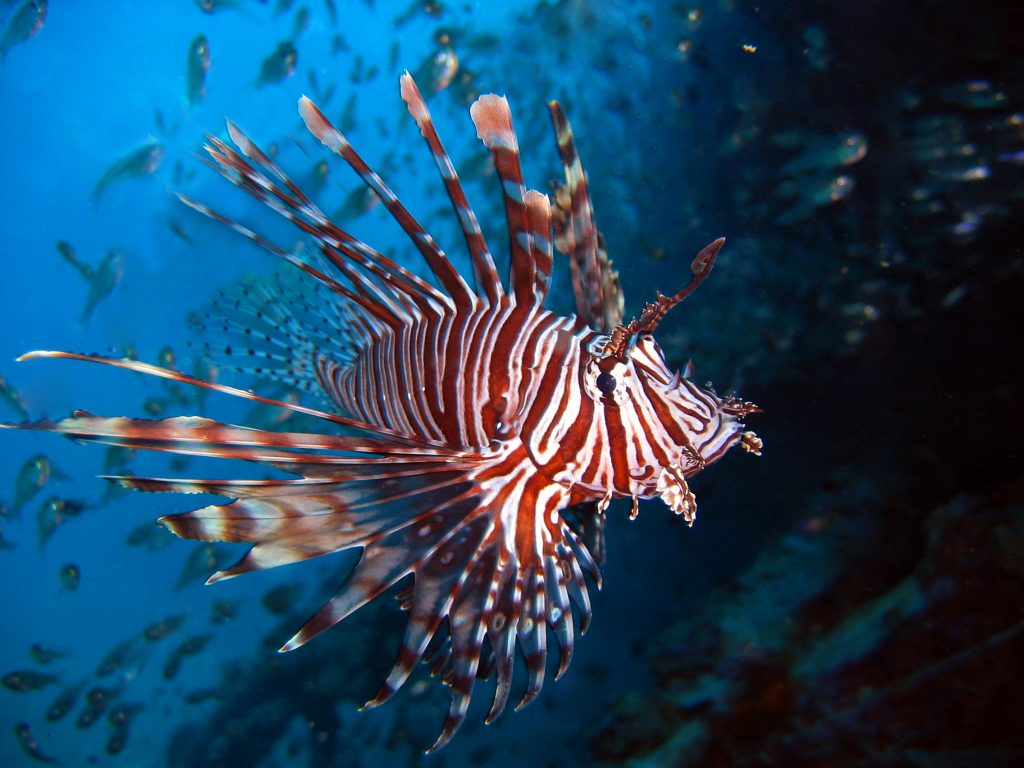
SCUBA divers travel from around the globe to visit one of nature's most prized wonders, The Great Barrier Reef. The Great Barrier Reef is the largest coral reef ecosystem and living structure on Earth. The Great Barrier Reef has lost half of its reef since 1995. The constant bleaching that occurs leads to the reef's death. Coral bleaching occurs when temperatures rise to at least 2 degrees. The coral reef expels algae. The problem comes when the coral reef's temperature sustains high temperatures and will not let the algae back in. The cause of this is the rise of CO2 in the water, lack of nutrients, and pollutants in the water. This delicate balance is disturbed by the lack of food for micro life, a shortage of macro life, and harmful substances like sunscreen. Practicing ocean conservation, can lead to a healthy long-term ecosystem.
Sustainable Practices
While there is no guarantee that corporations will use sustainable practices, there are small things you can do to conserve our ocean's wildlife. Along with reducing your carbon footprint, recycling, saving water from runoff, and using renewable energy, there are other steps we can take to protect our ocean.
- Look for sustainable seafood. Farmed fish may increase the population, but they can easily pollute the ocean water because of cramped conditions. Go for sustainable wild-caught seafood. Health experts recommend that you only have two to three servings of seafood a week.
- Wear coral reef-safe sunscreen if you plan to enter the ocean. Save sunscreens with titanium dioxide, oxybenzone, and Octinoxate for the tennis court. These chemicals take a while to break down and are not much better for humans.
- Support sustainable farming. Check for foods grown without the use of pesticides and chemicals. The runoff of these products harms the ocean. Look for your meat to be raised using crop rotation. Crop rotation lowers the risk of pollution and agricultural waste runoff.
- Safe ocean practices such as idle speed in no-wake zones and disposing of fishing lines in designated areas will keep wildlife from needless death and dismemberment.
Raise awareness
Most people are unaware of modern-day whaling industries, ocean conservation, fishing practices, and how farming affects our ecosystem. Sustainable fishing means plenty of food for us and our macro life. A healthy balance between macro and micro life means a sustainable increase in sea life. Raising awareness will help those around you care for our precious resource, the ocean. Helping raise awareness for endangered species such as the vaquita will help balance out our food chain and keep us from losing our ocean wildlife. Needless animal deaths occur when illegal activities such as gillnet fishing take place. Practicing safe fishing and supporting marine conservation are ways that you can maintain stewardship over the beautiful seas. Let's leave something behind for our children to explore and care for.



